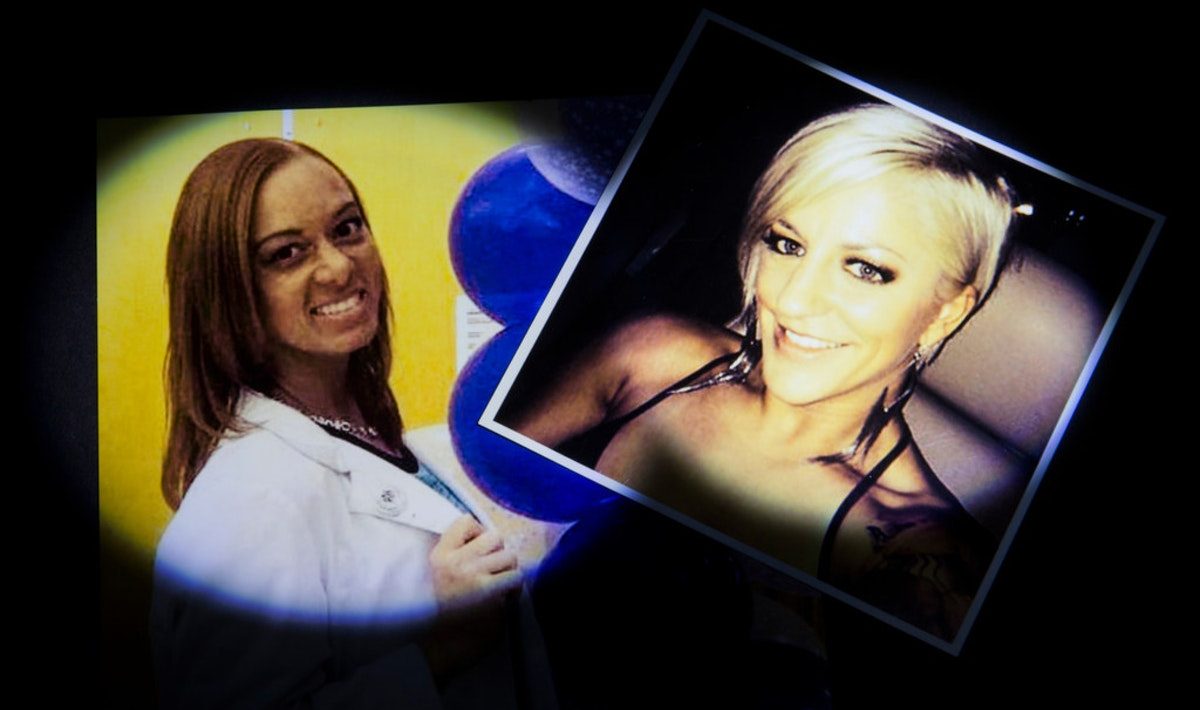This kind of theft, known as drug diversion, is a serious matter for hospitals, especially amid the nation’s opioid epidemic. In the last four years, for example, Texas hospitals have reported more than 200 thefts by employees. But the government doesn’t track drug thefts that lead to overdoses or deaths.
Nurses and doctors who steal and abuse drugs put not only themselves at risk, but also patients. In recent years, the federal government has levied millions of dollars in penalties against hospitals for not tracking dangerous drugs.
It’s unusual for one hospital to have two caregivers die of overdoses in such a short time, experts say.
“This is an extreme example,” said Kimberly New, a nurse and lawyer in Tennessee who consults with hospitals nationwide on how to prevent diversions. “That type of alarming situation would be the reason to bring someone in and look at their controls.”
UT Southwestern officials declined to specify what measures they took to prevent drug diversion after the deaths.
They told The News that there were no “reported patient care lapses” related to the incidents. Safety is a top concern, they said. Clements has a variety of procedures to prevent medicine from being stolen, and the hospital has used “multiple review systems” and increased staff education about drug abuse since the deaths.
“Because no system is infallible, we continuously examine potential improvements” to ensure that dangerous drugs aren’t misused, university spokesman Russell Rian said in a statement to The News.
Experts say thefts can happen in spite of multiple safeguards.
“You can have really good systems in place and still be defeated by a diversion,” said Keith Berge, a doctor at the Mayo Clinic in Minnesota who studies the issue.
Problems at Clements
Williams P. Clements Jr. University Hospital, named for the two-time Texas governor and Dallas native, opened in late 2014 on Harry Hines Boulevard, replacing an older hospital with a modern, 460-bed facility. UT Southwestern Medical Center runs the hospital.
Like all major hospitals, Clements has an internal pharmacy that stores potentially addictive drugs, such as anesthetics, sedatives and painkillers so potent you can’t find them at your neighborhood drugstore.
Government regulations require hospitals like Clements to keep accurate records of how such drugs are used, to have a system in place to detect diversions quickly, and to report thefts.
In early 2015, UT Southwestern’s internal auditors found lapses in how Clements and other university facilities managed dangerous drugs.
Scores of employees had unauthorized access to the drugs. At Clements and Zale Lipshy University Hospital, staff members didn’t dispose of excess medicine correctly. Liquids were dumped down sinks, in violation of federal environmental rules. Employees didn’t dispose of pills or medicine patches in secure containers.
UT Southwestern said it followed through on all of the auditors’ recommendations for improvements.
Less than a year later, a nurse was caught stealing drugs.
A theft and an arrest
In January 2016, co-workers suspected a nurse was stealing drugs, according to records from the UT Southwestern police department.
